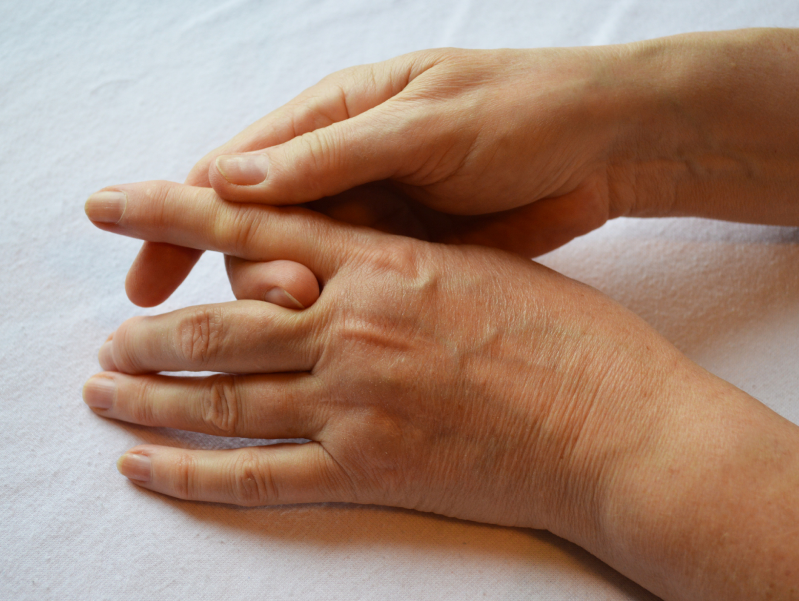
What are Flexor Tendon Injuries?
Flexor tendon injuries occur when the tendons responsible for bending the fingers are damaged or torn. These injuries can range from partial tears to complete ruptures. Flexor tendons are crucial for hand function, allowing you to grip objects, type, write, and perform various daily activities. When injured, they can significantly impact your hand’s functionality and quality of life.



